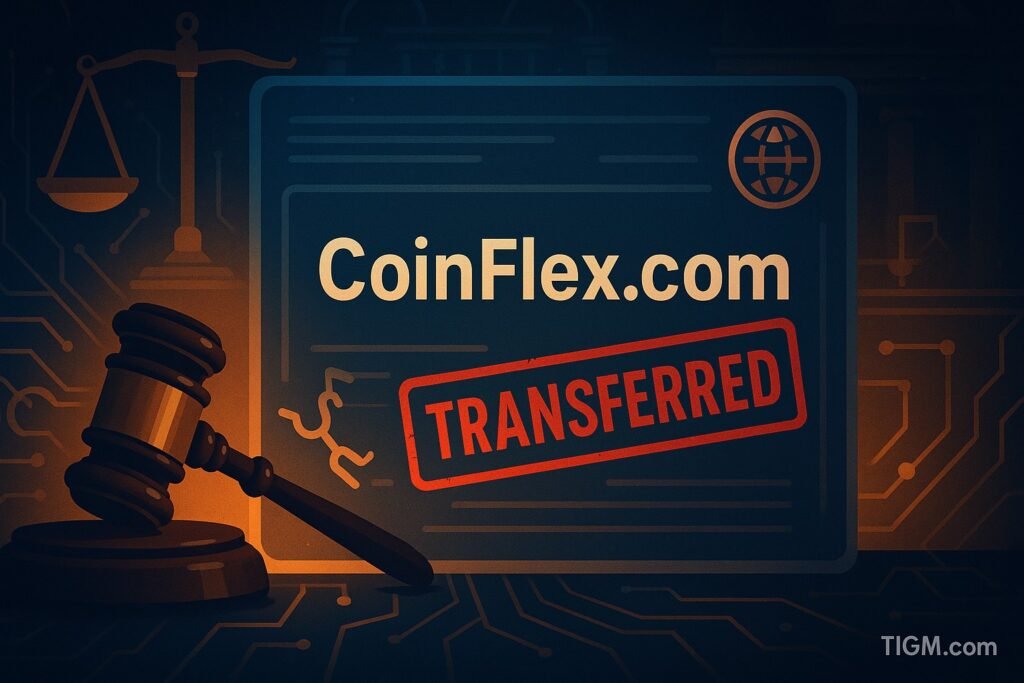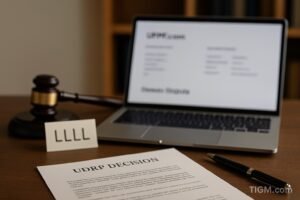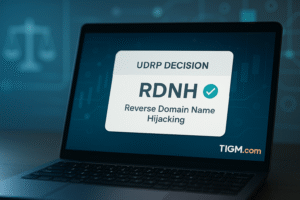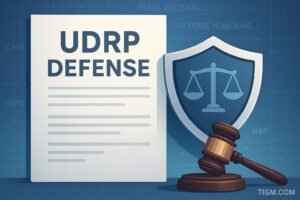A recent WIPO ruling has delivered a harsh lesson to domain investors: buying a domain from someone who won a UDRP case doesn’t guarantee protection. Kirill Potekhin lost ownership of CoinFlex.com despite purchasing it from a previous owner whose UDRP complaint was dismissed.
The Costly Miscalculation
Liquidity Technologies, operator of the CoinFLEX cryptocurrency exchange, filed a fresh UDRP against Potekhin after the domain changed hands from company founder Mark Lamb, who successfully defended against a 2024 complaint.
Potekhin openly admitted buying the domain from Lamb, citing the previous UDRP dismissal as validation of ownership. This assumption proved fatal. The WIPO panelist ruled that Potekhin’s acquisition constituted a new registration, completely independent of the prior proceeding. The clock reset entirely on assessing rights and bad faith.
The 2024 case against Lamb was dismissed not because he had clear rights, but because ongoing litigation between the parties made court a more appropriate venue than UDRP proceedings. Potekhin misread this procedural dismissal as a victory he could inherit.
The Failed Defense
Potekhin launched a website called “CoinFLEX Creditors United” that raised concerns of phishing by requesting user IDs and deposit addresses. While criticism sites can sometimes justify domain ownership, the panel found this use pretextual rather than genuine.
When the panel invited proof of legitimacy, none was provided. Potekhin’s silence when asked to prove his creditor status and address phishing allegations proved devastating to his case.
The Trademark Problem
The panel emphasized that exact-match domains identical to a complainant’s mark inherently imply affiliation. Even if Potekhin’s criticism were legitimate, using a domain perfectly matching the trademark created impermissible user confusion. UDRP panels consistently hold that criticism rights don’t extend to exact trademark matches without differentiating elements.
Critical Lessons for Investors
This case establishes crucial principles for domain investors:
Previous UDRP outcomes don’t transfer. Each acquisition is treated as a new registration requiring independent evaluation, regardless of the previous owner’s defensive success.
Dismissals aren’t endorsements. Understanding why a case was dismissed matters enormously. Procedural dismissals don’t validate ownership rights.
Exact matches are high-risk. Domains precisely replicating active trademarks carry inherent risks difficult to overcome, even with legitimate use defenses.
The final decision granted transfer of CoinFlex.com to Liquidity Technologies. For Potekhin, what seemed like a calculated investment based on legal precedent became an expensive lesson: in domain disputes, history doesn’t repeat itself, and yesterday’s victory offers no protection for tomorrow’s owner.








